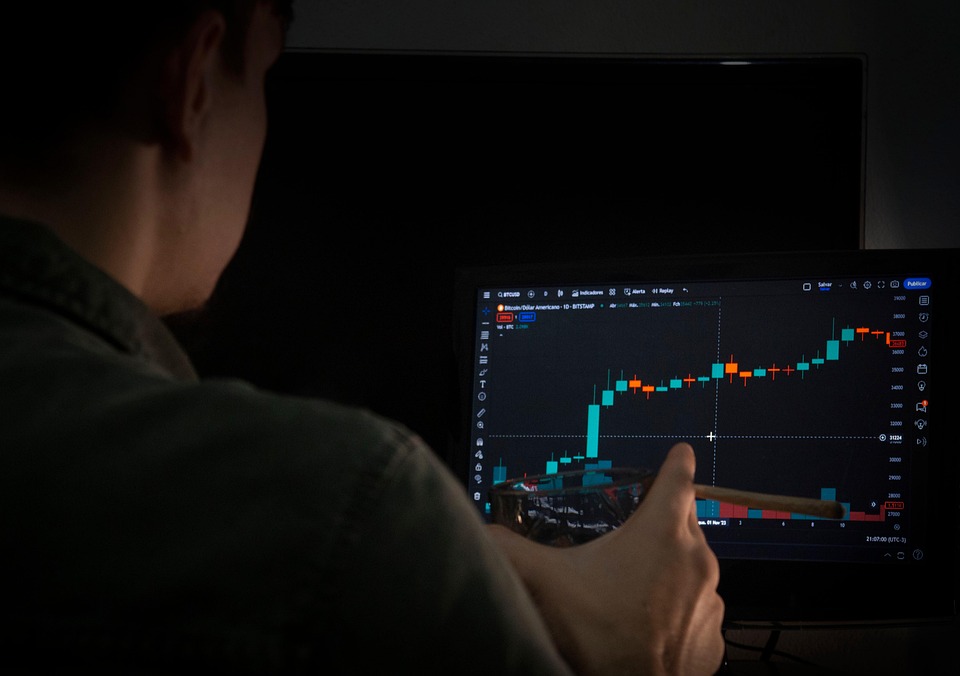[ad_1]
While Bitcoin remains the poster child of the cryptocurrency revolution, a myriad of altcoins are gaining traction and providing innovative solutions to various challenges in technology, finance, and beyond. As 2023 unfolds, several altcoins show promise with strong use cases, active communities, and impressive technology. Let’s delve into the top 10 altcoins of 2023 that are making waves in the crypto space.
1. Ethereum (ETH)
Ethereum, the second-largest cryptocurrency by market capitalization, is well-known for its smart contract functionality, enabling developers to build decentralized applications (dApps) on its platform. With the transition to Ethereum 2.0, which implements a Proof-of-Stake (PoS) consensus mechanism, Ethereum aims to improve scalability, security, and energy efficiency.
2. Binance Coin (BNB)
Originally created as a utility token for the Binance exchange, Binance Coin (BNB) has expanded its use case significantly. From transaction fee discounts on the Binance platform to participation in token sales on Binance Launchpad, BNB is now powering the Binance Smart Chain, which enables developers to build dApps.
3. Cardano (ADA)
Cardano is a blockchain platform that focuses on sustainability, scalability, and interoperability. Utilizing a PoS consensus mechanism, Cardano is designed to provide a secure and efficient platform for the development of dApps and smart contracts. The platform is notable for its academic research-driven approach and rigorous peer review process.
4. Solana (SOL)
Solana has emerged as a high-performance blockchain platform aimed at providing fast and low-cost transactions. Its unique consensus mechanism, called Proof of History (PoH), enables the network to process thousands of transactions per second, making it an attractive solution for DeFi projects and NFT marketplaces.
5. Ripple (XRP)
Ripple is at the forefront of revolutionizing cross-border payments with its digital payment protocol. XRP, the native token, is used for facilitating transfers on the network. Ripple’s ongoing legal battles with the SEC have impacted its market performance, but its core technology remains influential in the financial services sector.
6. Polkadot (DOT)
Polkadot is a multi-chain network that allows different blockchains to interoperate. Its unique architecture enables the transfer of any type of data or asset across blockchains while maintaining security. This flexibility is paving the way for a new decentralized web and is attracting many projects looking for interoperability.
7. Chainlink (LINK)
Chainlink is a decentralized oracle network designed to connect smart contracts with real-world data. By providing reliable and tamper-proof data feeds, Chainlink enables smart contracts to interact with external APIs, making it a critical infrastructure component for DeFi products and various dApps.
8. Litecoin (LTC)
Often referred to as the silver to Bitcoin’s gold, Litecoin is a peer-to-peer cryptocurrency that aims to facilitate fast and low-cost transactions. With its Scrypt hashing algorithm, Litecoin allows for quicker block generation times, enhancing transaction speeds compared to Bitcoin.
9. Avalanche (AVAX)
Avalanche is a highly scalable blockchain platform that supports smart contracts and decentralized applications. Its unique consensus mechanism enables high transaction throughput with near-instant finality. Avalanche is quickly becoming a go-to platform for DeFi projects and NFTs.
10. Dogecoin (DOGE)
What started as a meme has transformed Dogecoin into a widely recognized cryptocurrency. Supported by a strong community and prominent endorsements, Dogecoin serves as a tipping currency and has garnered significant media attention. Its relaxed, community-driven approach appeals to many crypto enthusiasts.
Conclusion
The cryptocurrency landscape continues to evolve, with numerous altcoins carving out their niches and addressing various challenges. Whether it’s through innovation, community engagement, or technological advancements, the altcoins listed above are solid examples of how the crypto ecosystem is diversifying beyond Bitcoin. As the space matures, it provides exciting opportunities for investors and developers alike.
FAQs
1. What is an altcoin?
An altcoin is any cryptocurrency that is an alternative to Bitcoin. These include a wide range of digital currencies and tokens that offer different features and use cases.
2. How do I choose the best altcoin to invest in?
Consider evaluating the altcoin’s technology, use case, team, community support, and market dynamics. Researching the project’s whitepaper and keeping up with industry news can also provide valuable insights.
3. Are altcoins more volatile than Bitcoin?
Yes, many altcoins are considered more volatile than Bitcoin due to lower market capitalization, regulatory uncertainty, and varying levels of investor interest.
4. Can altcoins replace Bitcoin?
While some altcoins aim to offer features that Bitcoin does not, it is unlikely that they will fully replace Bitcoin, which remains the first and most recognized cryptocurrency. However, altcoins can serve specific niches and functionalities.
5. Where can I buy altcoins?
Altcoins can be purchased on various cryptocurrency exchanges, including centralized exchanges like Binance, Coinbase, and Kraken, as well as decentralized exchanges like Uniswap and SushiSwap.
[ad_2]
